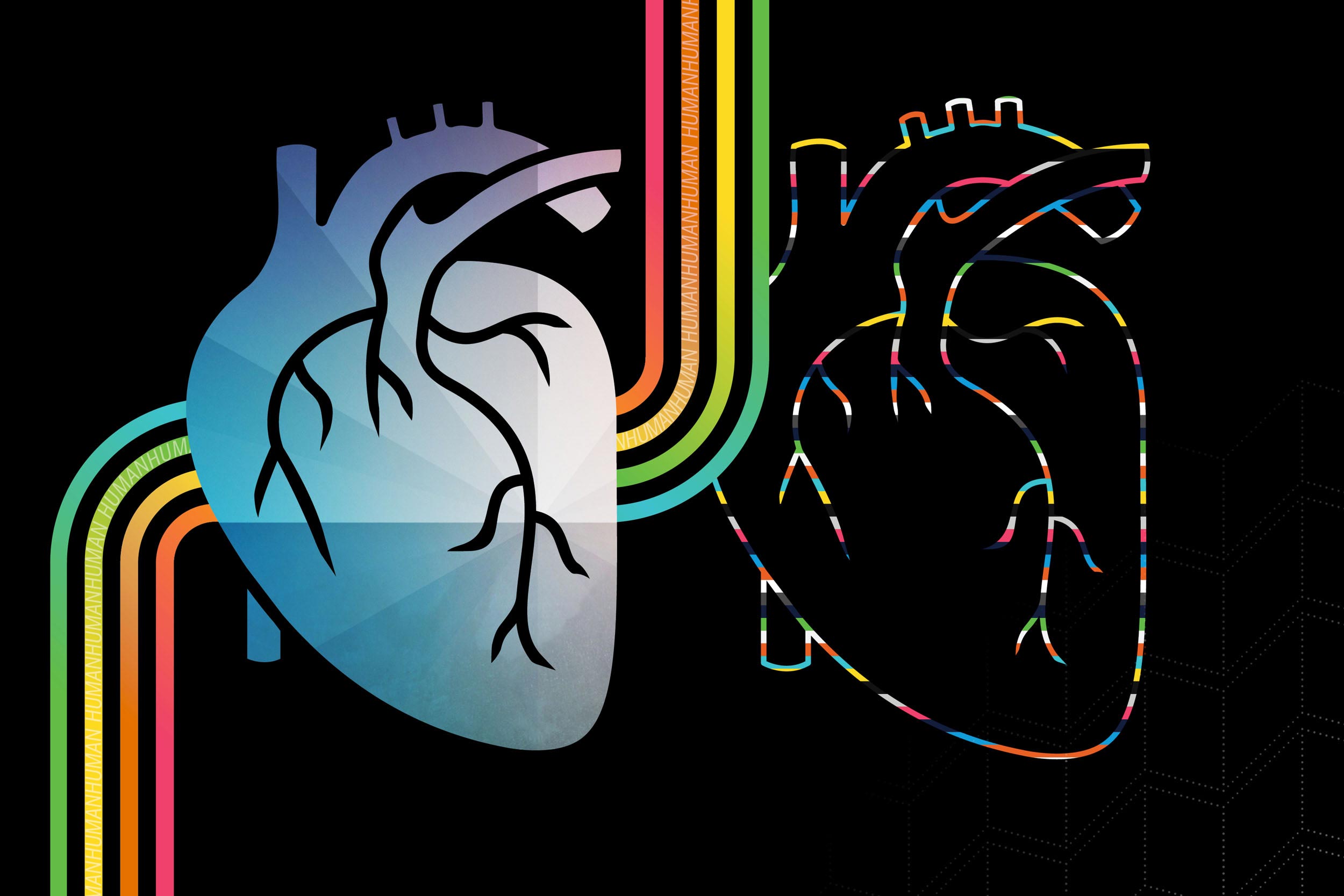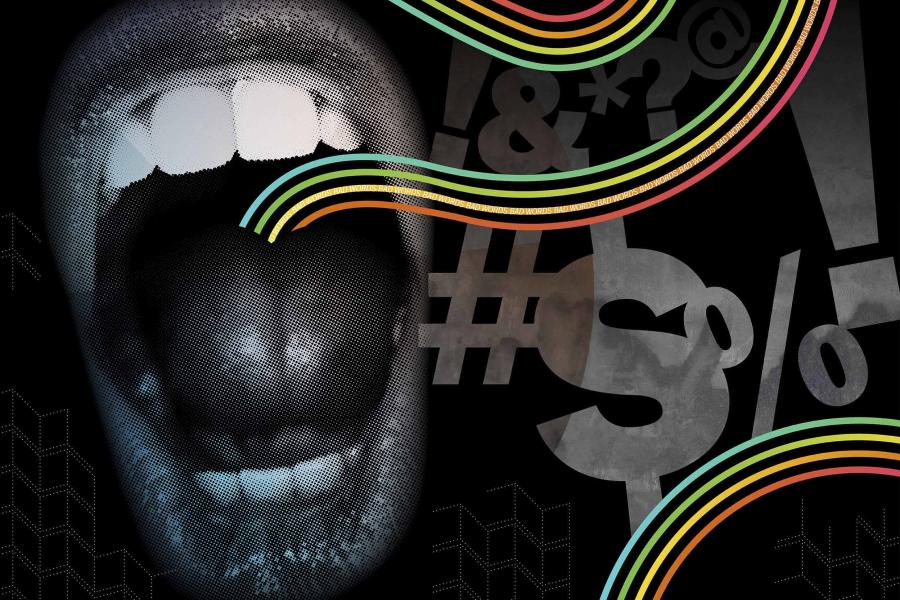My favorite machines growing up were R2-D2 and the Terminator. In “Star Wars,” R2-D2 serves as Luke Skywalker’s copilot, helping the hero adventure through the galaxy. Looking at the future through the R2 lens, intelligent technology amplifies what humans can accomplish.
Then there is the Terminator metaphor. In this 1984 dystopian thriller, smart technology is coming for us and we are all Sarah Connors trying to hop in our Jeeps and escape the onslaught.
We fear a Terminator future, where people lose their livelihoods to machines, but the digital transformation has largely been about using software to automate workflows to help people become more productive. It’s the R2-D2 model, without the quirky charm. Today, many jobs are performed through software like Salesforce, Epic and Workday. And we are beginning to see artificial intelligence and machine learning bolster human expertise in profound ways.
In a world where every job is a human-plus-technology role, the late digital strategist Esko Kilpi reminds us that the future of work is squarely about people: people’s relationships with intelligent technology, and people’s relationships with other people.



.jpg)







